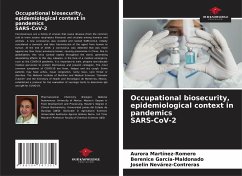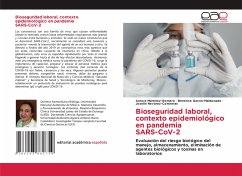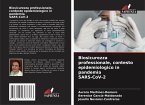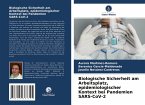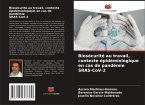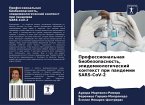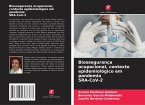Coronaviruses are a family of viruses that cause disease (from the common cold to more severe respiratory illnesses) and circulate among humans and animals. A new coronavirus was isolated and named SARS-CoV-2, initially considered a zoonosis and later transmission of the agent from human to human. At the end of 2019, a coronavirus was detected that was more aggressive than those previously known, causing pneumonia in China. Due to globalization, this virus spread rapidly throughout the world, generating devastating effects to this day. Likewise, in the face of a medical emergency such as the COVID-19 pandemic, it is important to train, prepare and educate medical personnel to protect themselves and prevent contagion. The most common symptoms of COVID-19 are fever, fatigue and dry cough. Some patients may have aches, nasal congestion, runny nose, sore throat or diarrhea. The National Institute of Nutrition and Medical Sciences "Salvador Zubirán" and the Secretary of Health and Tecnológico de Monterrey, Mexico, established a protocol for the evaluation of serologic tests to determine IgG and IgM for COVID-19.
Bitte wählen Sie Ihr Anliegen aus.
Rechnungen
Retourenschein anfordern
Bestellstatus
Storno

